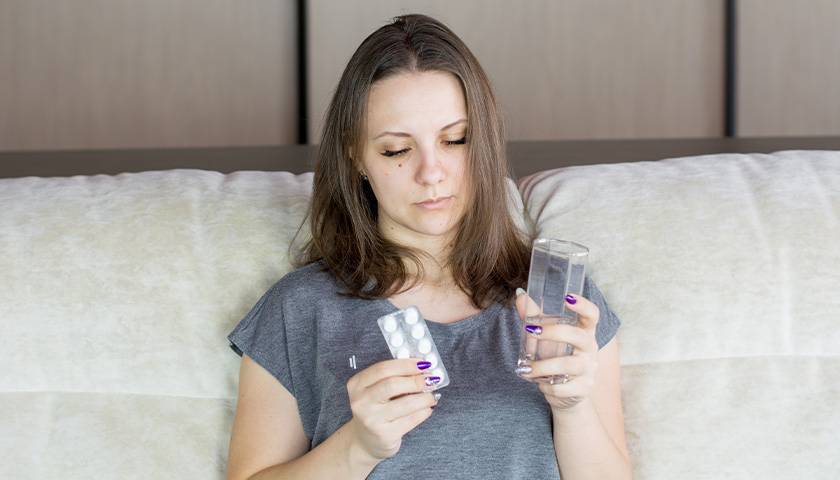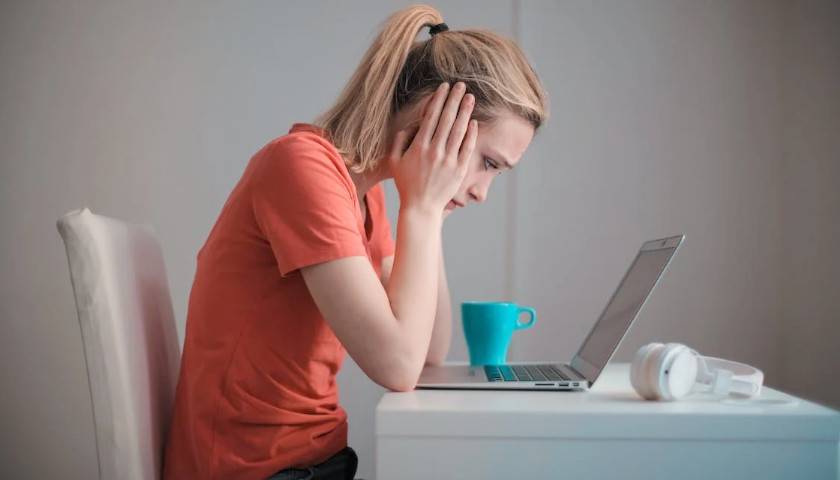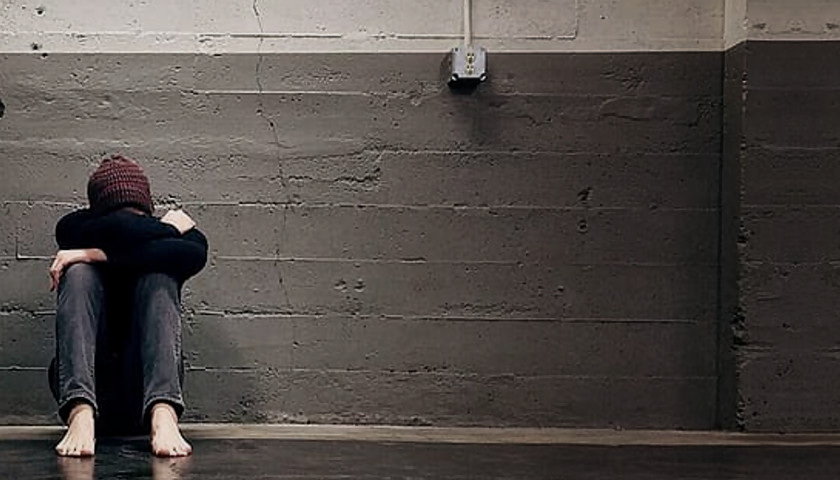A bipartisan group of state attorneys general sent Congress a letter Monday, urging lawmakers to pass a bill that requires a U.S. surgeon general on every algorithm-driven social media platform.
Forty-two state attorneys general, led by Oregon Attorney General Ellen Rosenblum, signed onto the letter. Rosenblum serves as the President of the National Association of Attorneys General.
The move comes as United States Surgeon General Vivek H. Murthy called for this to happen in June.
Read More











